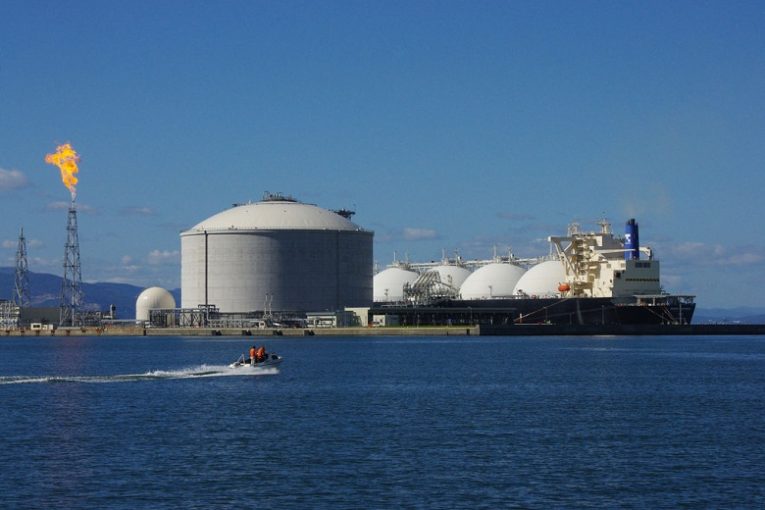
U.S. natural gas futures dropped about 4% on Tuesday on record U.S. output and forecasts for milder U.S. weather and lower demand over the next two weeks than previously expected.
U.S. energy company Equitrans Midstream Corp’s long-delayed $6.6 billion Mountain Valley gas pipe from West Virginia to Virginia could win federal approval as part of Washington’s debt limit deal.
Shares in Equitrans jumped about 43% to $8.70 on the news, putting the stock on track for its highest close since September 2022.
If Equitrans is able to complete Mountain Valley in late 2023 or early 2024, it would boost the amount of fuel producers could pull out of the ground in the Appalachia basin in Pennsylvania, West Virginia and Ohio, the nation’s biggest shale gas producing region.
Producers in Appalachia are already producing about all the gas they can ship out of the region since the pipes out of the basin are close to full.
On its first day as the front-month, gas futures for July delivery on the New York Mercantile Exchange fell 10.3 cents, or 4.3%, from where the July contract closed in the prior session to $2.314 per million British thermal units (mmBtu) at 10:05 a.m. EDT (1405 GMT).
That, however, was still up about 6% from where the June contract expired when it was still the front-month on Friday before the long U.S. Memorial Day weekend. That settle for the June contract was the lowest for the front-month since May 5.
Even though gas prices dropped about 16% last week, speculators boosted their net long futures and options positions on the New York Mercantile and Intercontinental Exchanges for a second week in a row to their highest since June 2022, according to the U.S. Commodity Futures Trading Commission’s Commitments of Traders report.
In the spot market, mild weather in the U.S. East pressured next-day power prices for Tuesday to their lowest since March 2021 in New England and December 2021 at the PJM Western Hub in western Pennsylvania.
In the U.S. West, mild weather and ample hydropower pushed next-day gas prices for Tuesday at the Southern California Border to $1.60 per mmBtu, their lowest since July 2020.
SUPPLY AND DEMAND
Data provider Refinitiv said average gas output in the U.S. Lower 48 states rose to 101.7 billion cubic feet per day (bcfd) so far in May, which would top April’s monthly record of 101.4 bcfd.
The amount of gas flowing from Canada to the U.S., meanwhile, was on track to rise to 7.6 bcfd on Tuesday, up from 7.2 bcfd on Monday, according to Refinitiv.
So far this month, Canadian exports have dropped from a six-week high of 8.5 bcfd on May 4 to a 25-month low of 6.4 bcfd on May 17 as wildfires in Alberta caused energy firms to cut oil and gas production. Those exports rose to 8.1 bcfd on May 23 after firefighters made significant progress controlling the blazes.
That compares with average Canada-to-U.S. exports of 8.3 bcfd since the start of the year and 9.0 bcfd in 2022. About 8% of the gas consumed in, or exported from, the U.S. comes from Canada.
Meteorologists projected the weather in the Lower 48 states would remain near normal through June 14 with a couple of warmer than normal days on June 1-2 and June 13-14.
Refinitiv forecast U.S. gas demand, including exports, would rise from 89.4 bcfd this week to 92.9 bcfd next week as the weather turns seasonally warmer. Those forecasts were lower than Refinitiv forecast on Friday.
(Reporting by Scott DiSavino; Editing by Andrea Ricci)
You can read more of the news on source



